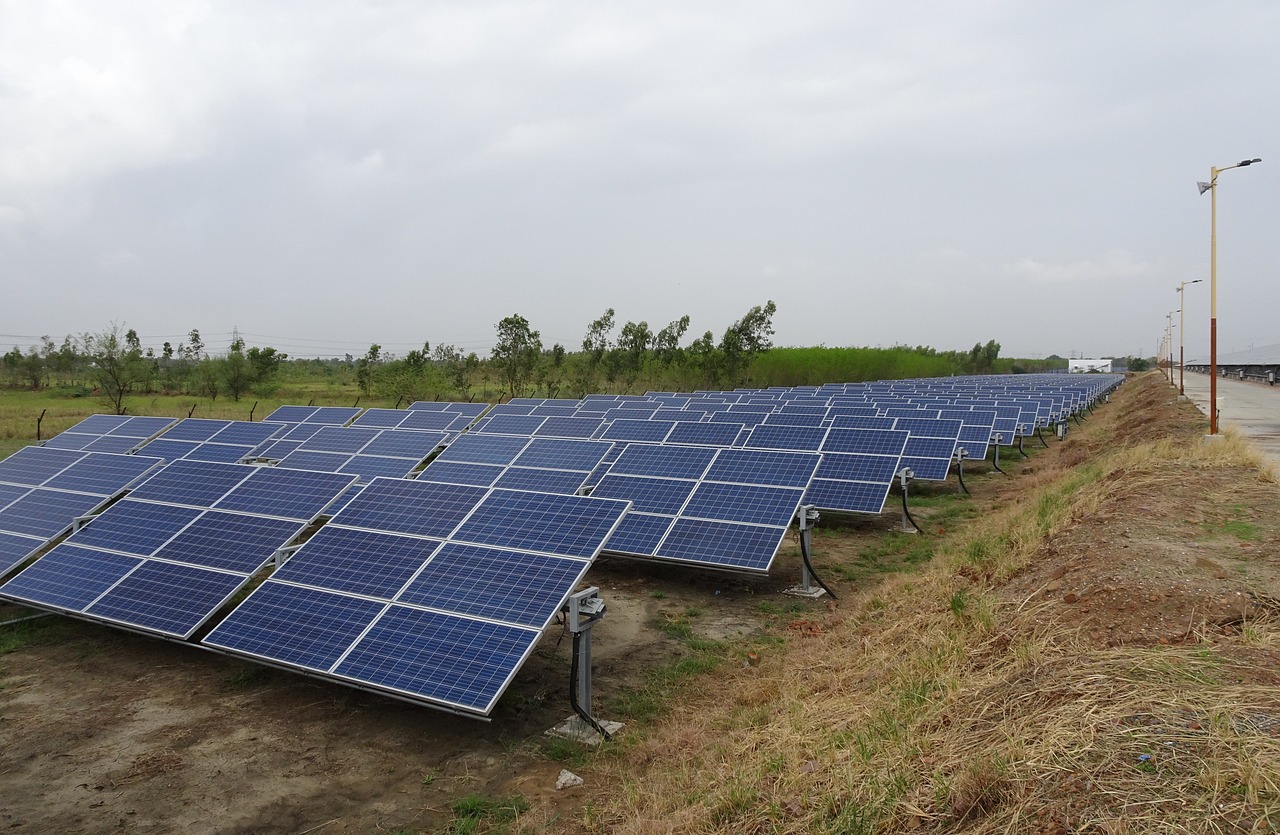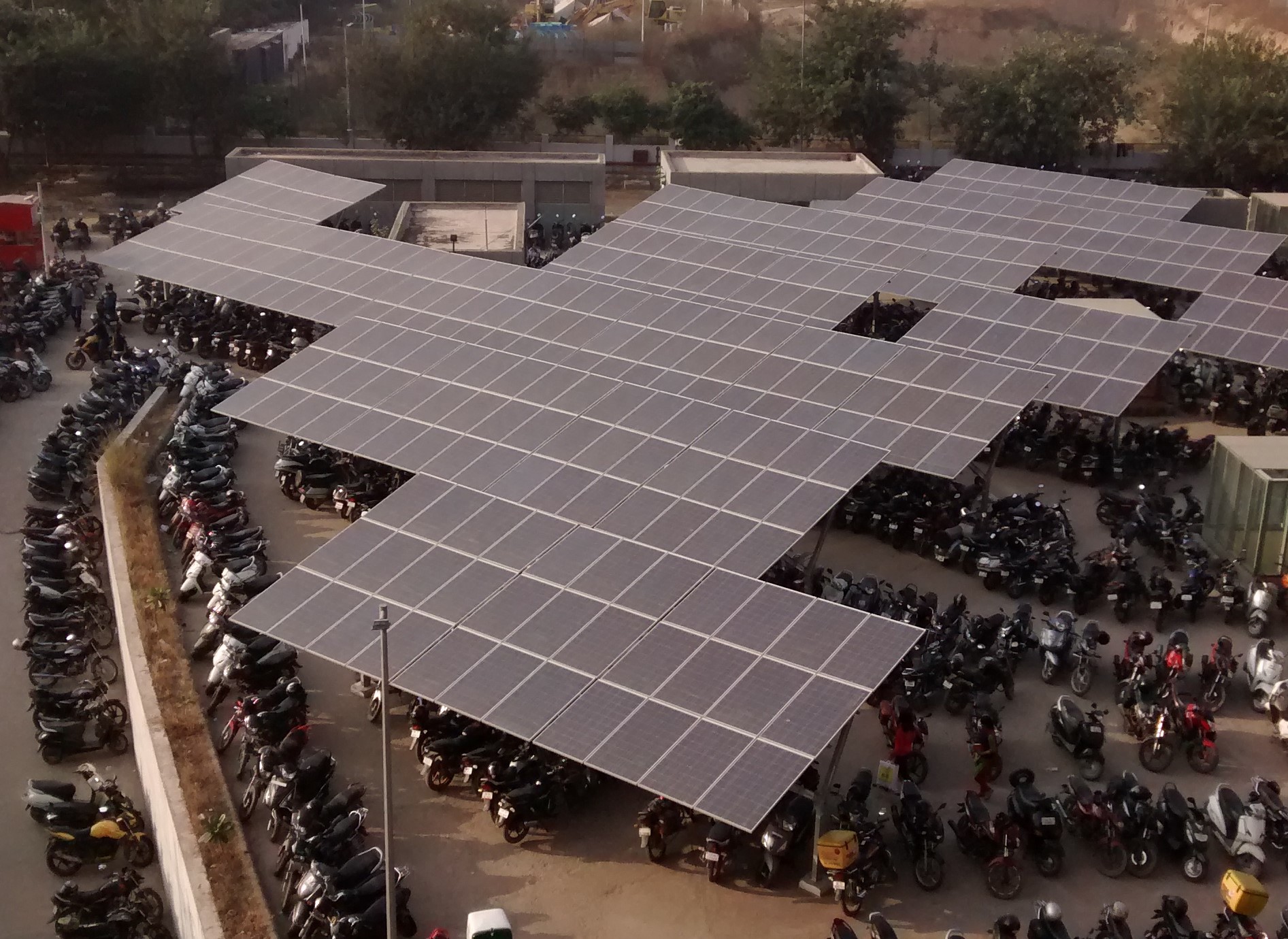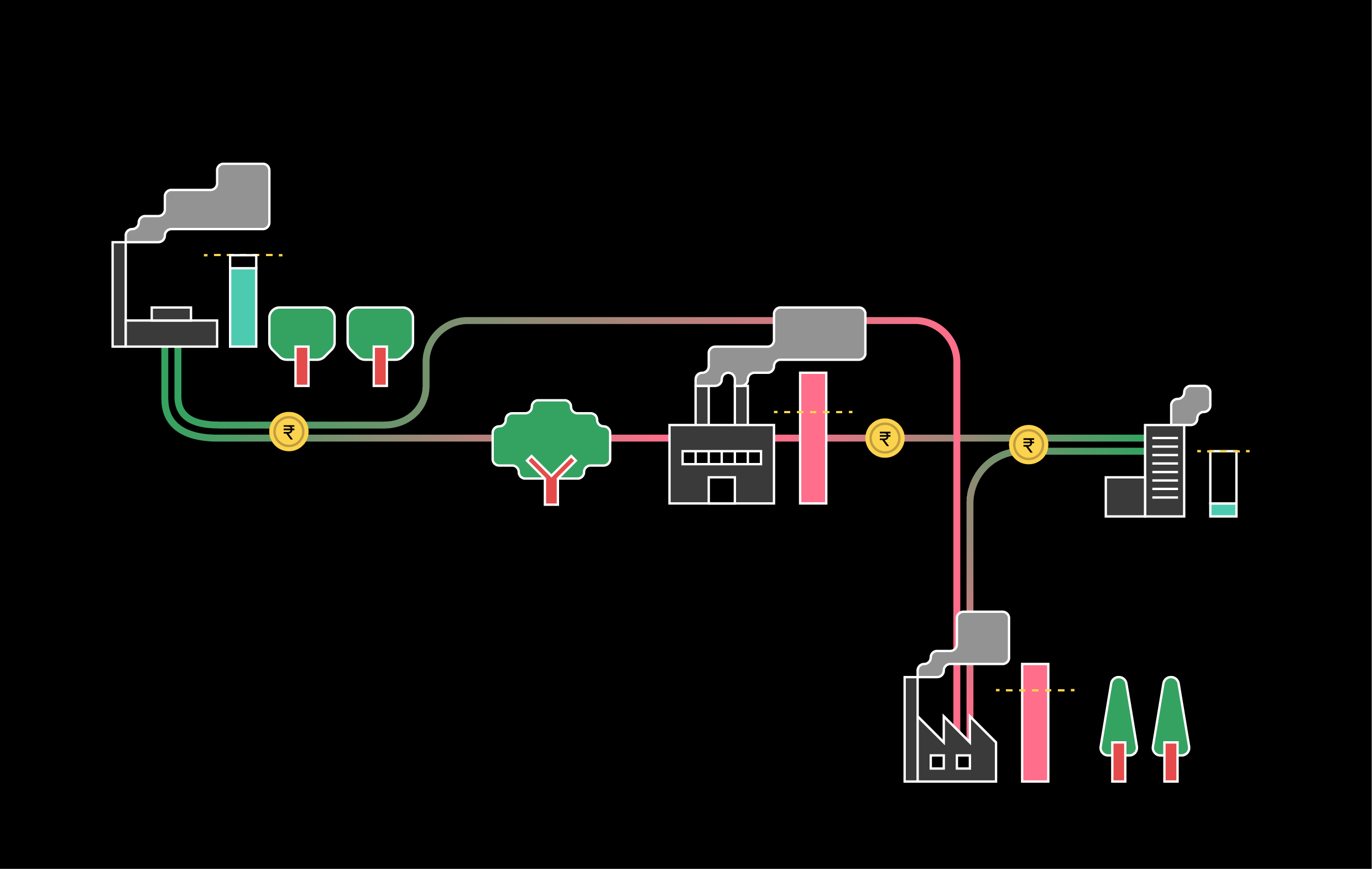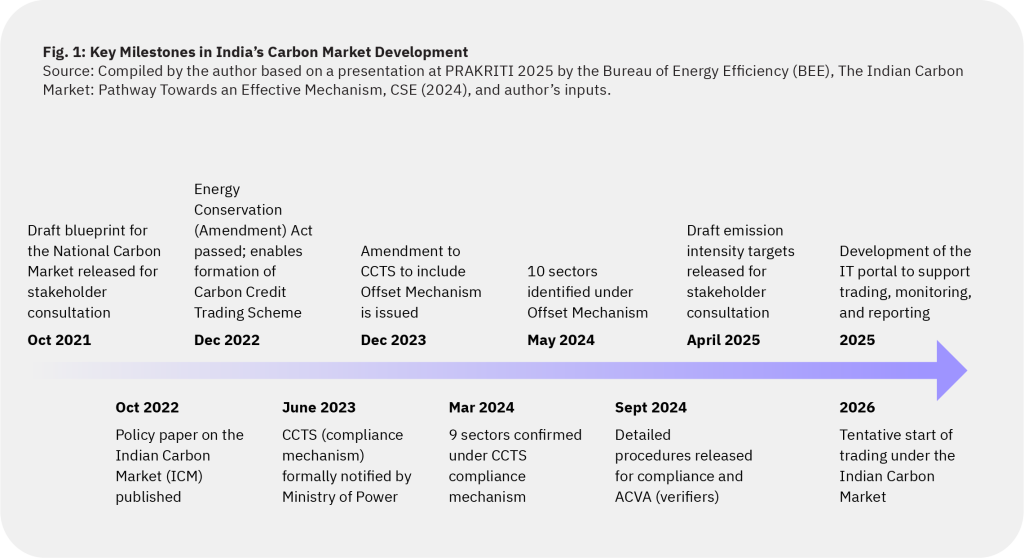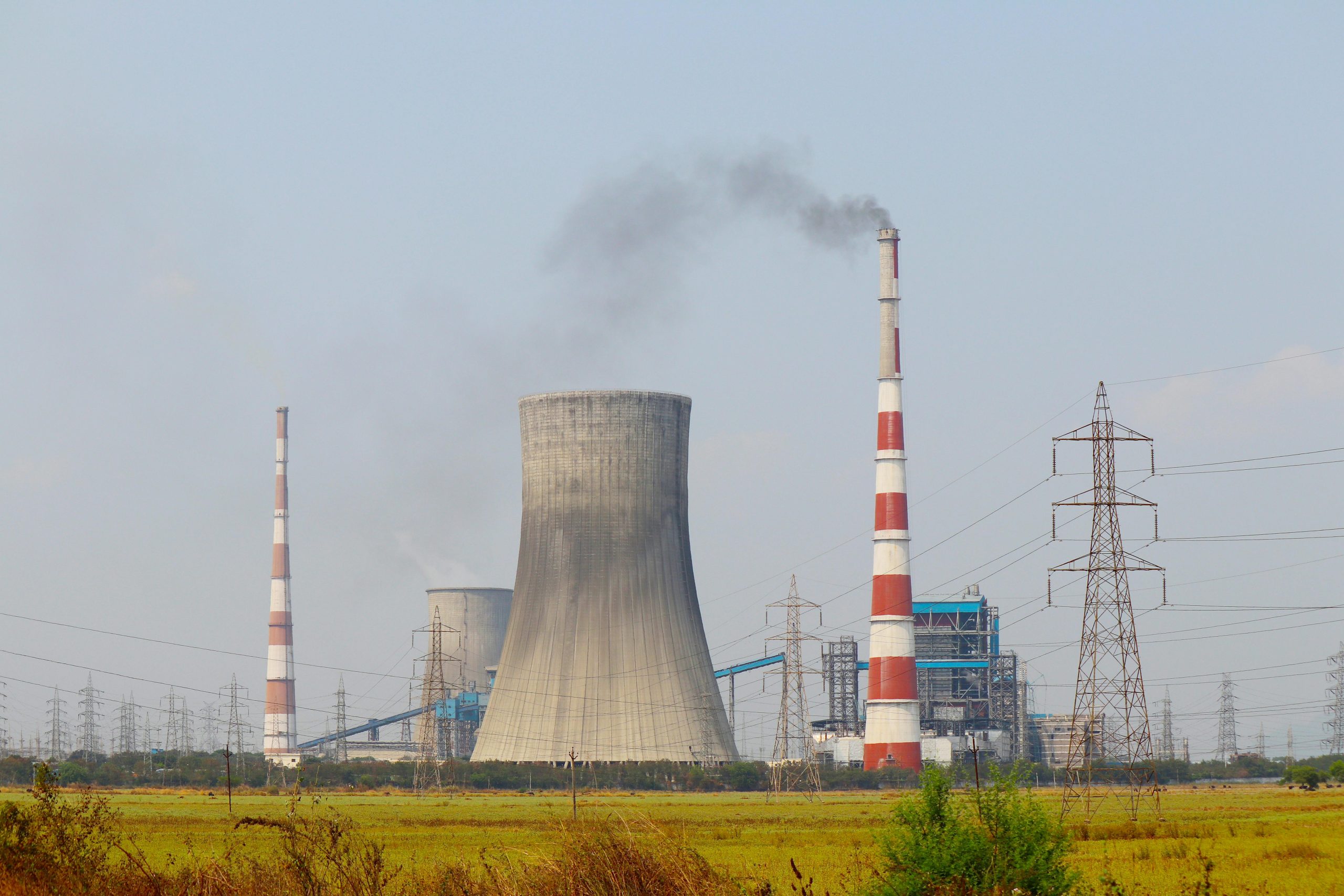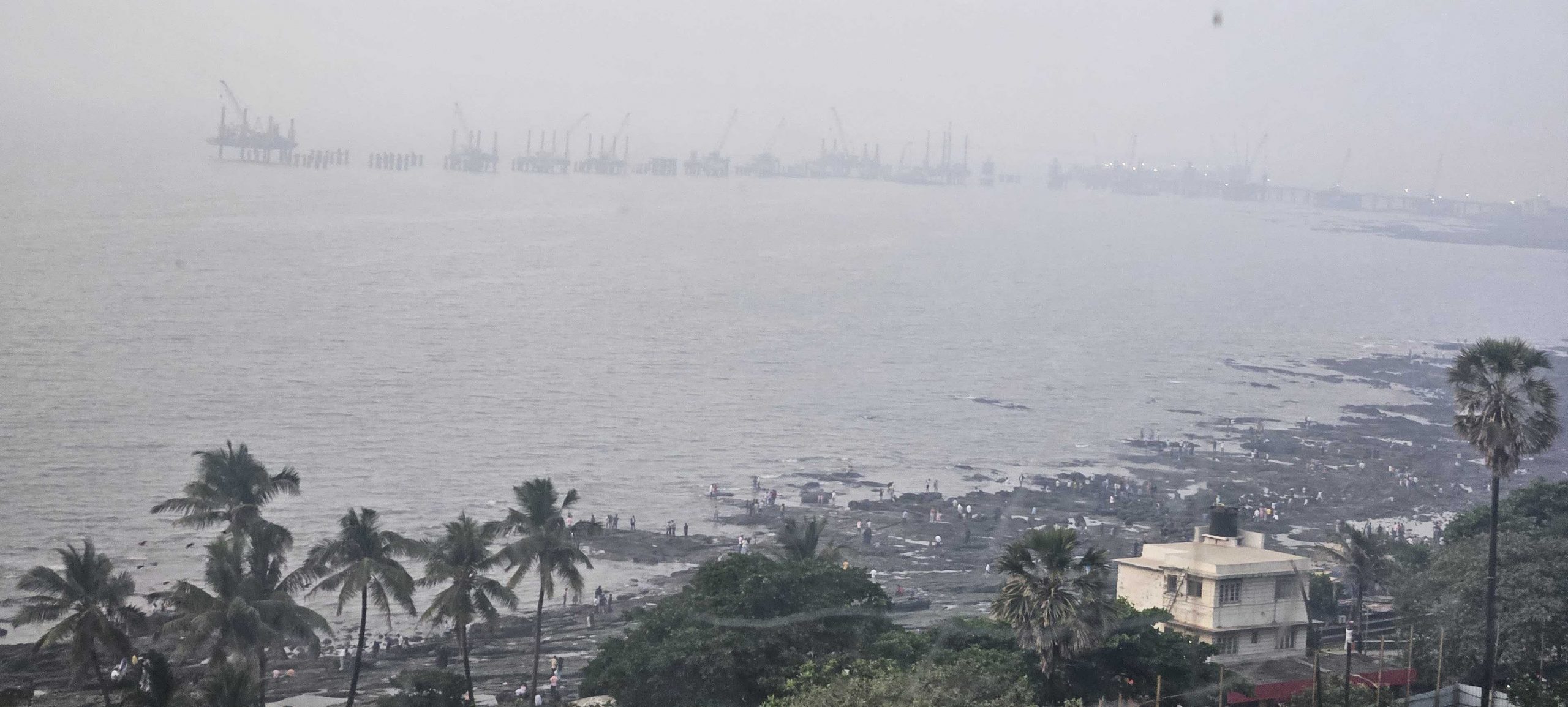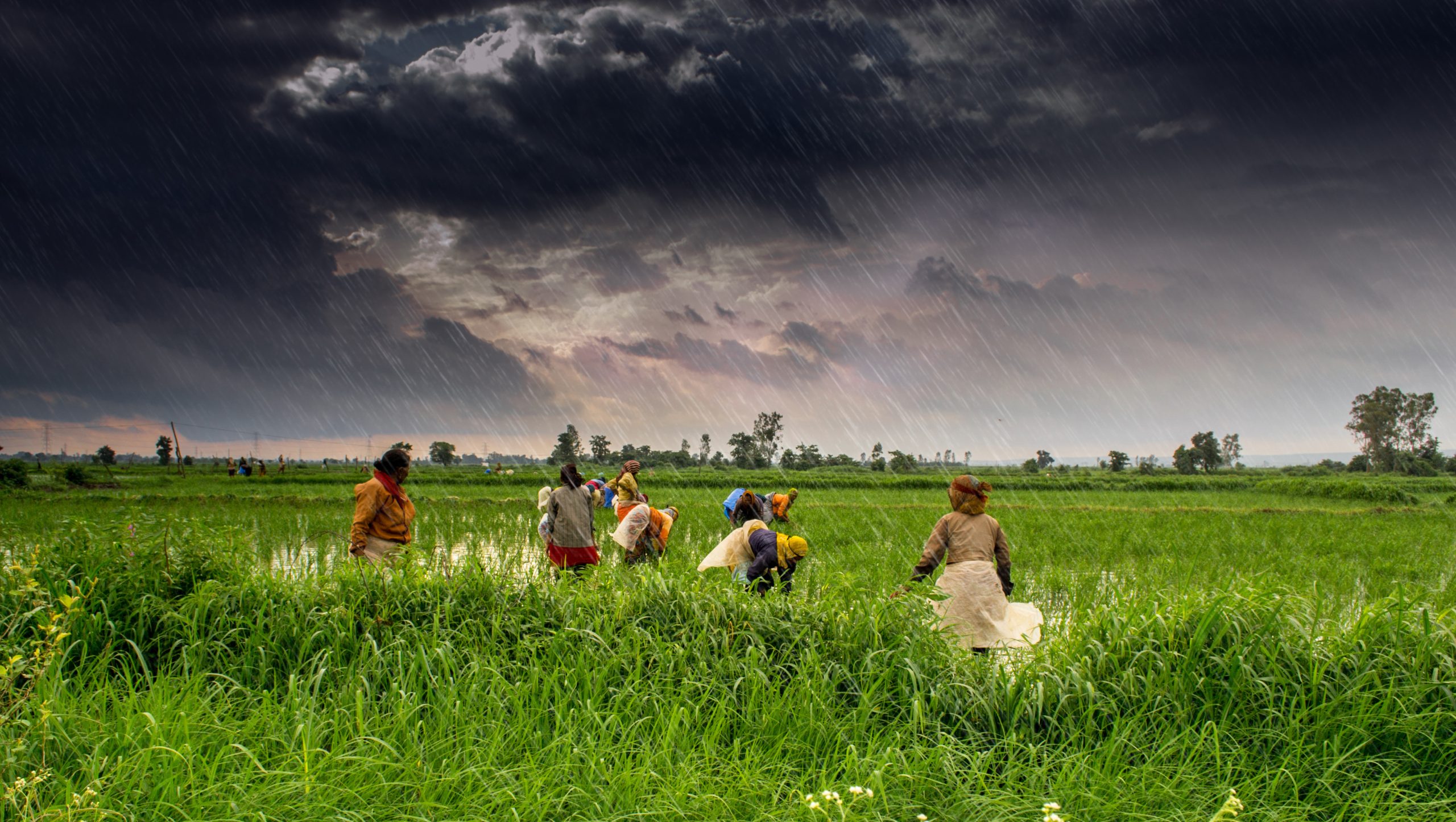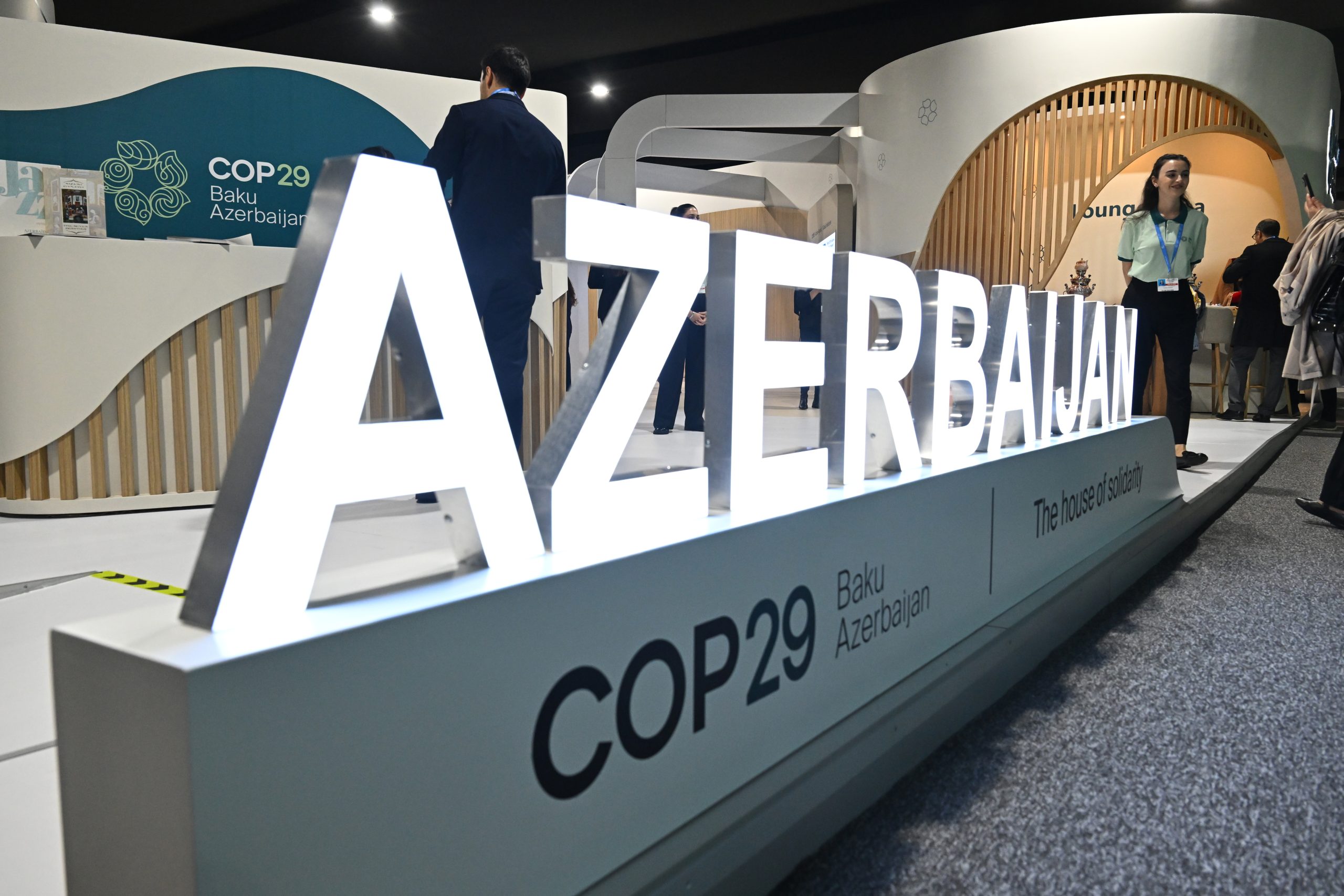The Union Cabinet’s recent approval of the ₹1 lakh crore Research, Development, and Innovation (RDI) Scheme marks a potentially transformative moment for India’s technology and industrial policy. Overseen by the Anusandhan National Research Foundation (ANRF), under the Department of Science and Technology (DST), the scheme aims to catalyse private sector investment in sunrise sectors such as clean energy, climate-tech, deep-tech, and artificial intelligence (AI). If strategically implemented, it could fill a long-standing gap in India’s clean energy innovation ecosystem and help position the country as one of the major technology leaders over the coming decades by providing patient capital for emerging technologies.
Investing in clean energy research and development (R&D) is not only central to achieving technological self-reliance under the 2047 Viksit Bharat vision, but a lever to capturing the industrial and economic gains of the global energy transition. As countries ramp up their energy transition efforts, emerging technologies such as green hydrogen, advanced batteries, and next-gen solar are becoming the foundations of new industrial value chains. The IEA estimates that clean energy technology manufacturing could generate a global market worth over $650 billion annually by 2030, over three times current levels.
India’s green industrial ambitions, reflected in flagship schemes like the Production Linked Incentives (PLI) for solar and batteries, and the National Green Hydrogen Mission, often depend on technologies that are either imported or underdeveloped domestically, exposing a gap between manufacturing goals and technological capabilities. This disconnect weakens India’s competitiveness and increases vulnerability to shifting global priorities and geopolitical uncertainties, thus reinforcing the urgency of aligning industrial policy with a coherent innovation strategy.
India’s Innovation Funding Gap in Clean Energy
Though there is growing recognition that R&D is essential to building a robust manufacturing ecosystem, India has historically underinvested in R&D relative to its peers. India’s overall R&D expenditure is approximately 0.64% of GDP, well below global leaders such as China (2.4%) and the United States (3.5%) in 2020-21. This gap is even bigger when seen in absolute terms; in 2021, the United States spent $828 billion on R&D and China $427 billion, while India’s estimated spending was $17-18 billion. Moreover, public investment is concentrated in academic institutions, typically with weak industry linkages and limited translation to demonstration, commercialisation, and scale diffusion.
SFC’s ongoing review of publicly-funded clean energy R&D projects indicates that such funding predominantly flows towards incremental improvements in mature technologies such as crystalline silicon solar cells and lithium-ion batteries. While incremental R&D is necessary, its impact is limited when disconnected from industry needs and market deployment. At the same time, support for emerging technologies such as perovskite photovoltaics, redox flow batteries, and solid-state storage is still at a nascent stage.
Also stark is the absence of private industrial R&D, which accounts for less than 40% of R&D spending in India, compared to over 71% in the United States, 76% in South Korea, and 70% in China. Private R&D plays a pivotal role in translating early-stage discoveries into commercially viable technologies. However, climate-focused ventures continue to face acute and worsening challenges in capital intensity, infrastructure, and scale, leading to private investments in climate tech falling from US$3.4 billion in 2023 to just US$1.3 billion in 2024. Most ventures struggle to move beyond the early stages, as energy and climate tech solutions often require significant upfront investment, highlighting the need for policy interventions such as the RDI to de-risk capital.
These gaps in public and private R&D funding are mutually-reinforcing; when public funding remains focused on incremental projects without clear commercial pathways, and private capital avoids early-stage risk, promising technologies struggle to advance. The RDI Scheme is a necessary step in the right direction to overcome this. While there is a need to increase funding at all stages, by targeting the underfunded mid-to-late stages of the innovation process and incentivising private sector participation, it can help strengthen the overall pipeline and improve coordination between research and industrial deployment.
What Strategic R&D could look like
To enhance the effectiveness of the RDI Scheme and ensure it delivers on its intended goals, the following actions may be worth considering:
1) Targeted prioritisation of technologies:
RDI funding should focus on a targeted set of high-impact, context-relevant technologies where early support can de-risk innovation and attract private investment for commercial scale-up. Prioritisation should reflect where public and private R&D can most effectively complement each other.
2) Develop technology foresight and sectoral roadmaps:
To avoid reactive or fragmented investments, India must embed strategic foresight into the RDI Scheme. The ANRF and DST can commission regularly updated roadmaps across different technologies to help identify priority areas, anticipate technology shifts, align R&D pipelines with industrial goals, and periodically review progress.
3) Define success through commercialisation:
Outcomes must be tracked using indicators such as number of pilots deployed, technologies reaching Technology Readiness Level (TRL) 8–9, public-private co-investments, and patent-to-product conversion. Academic output alone is not a sufficient performance metric for high-TRL innovation finance.
The RDI Scheme is an opportunity to build the foundation for a globally competitive, low-carbon economy. But its success will depend on strategic clarity, capable institutions, and a clear link between innovation and deployment. If done right, it can help shift India from a technology importer to a clean-tech leader.

